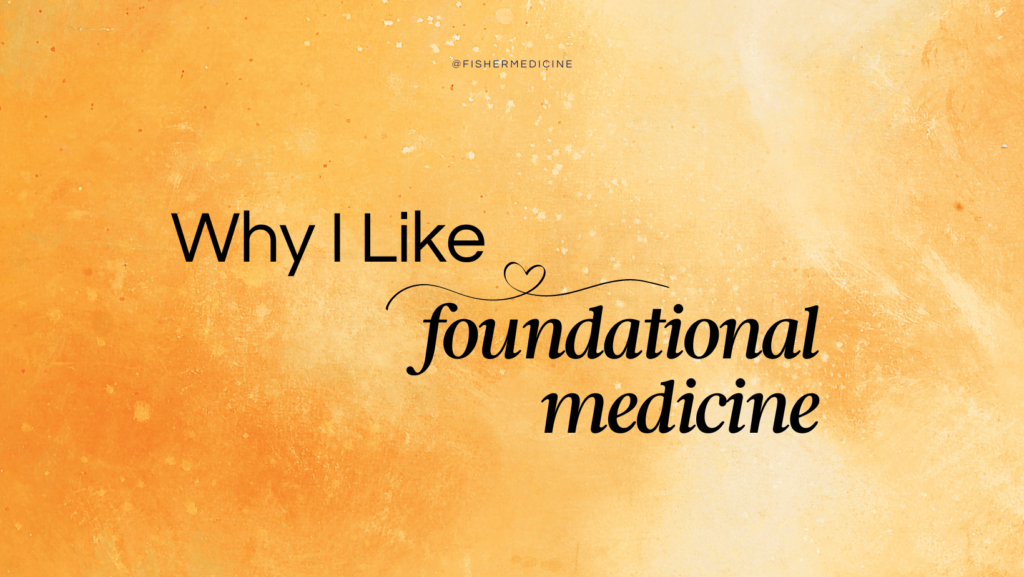What sets East Asian Medicine apart from contemporary Western Medicine is it prioritizes health and wellness over illness and disease. In my life, and in my patient’s lives, I like to focus on what is going well, and how we improve our sense of wellness overall. Eastern Medicine looks at the whole picture and how parts fit together – a holistic approach. I prefer the approach of focusing my treatment on the base or root cause of an issue vs. only making the symptoms feel better. East Asian Medicine is inherently holistic; we look at the whole person, the whole picture, and we piece together all of the information to make a pattern diagnosis and treat the pattern, not the symptoms.
Western biomedicine, including our conventional medical doctors and functional medicine doctors, look at our bodies through a microscope or myopic lens. Biomedicine zeroes in on what isn’t working or what isn’t functioning and seeks to affect that part. This can prove to be quite useful and relevant. And I do use this for myself and my patients through functional lab tests such as blood work, urine samples, and stool samples when needed. What humans have discovered and learned via modern medicine and science is astounding, poignant, and integral to healing modern chronic illnesses.
I also believe that it is not always…necessary.
It can be expensive and stressful.
It can send us down rabbit holes – looking for the most specific dysfunction we can find.
It can send us into a spiral of focusing on dysfunction and disease in our bodies.
I encountered this for myself when healing from mold illness. I hit a point where I put all of my lab tests away, I put all of my supplements in a box, and I focused my thoughts and energy entirely on healing my thought processes and my trauma loops around my illness. This was an immensely powerful and necessary part of my healing. I did, after a time, go back to using some supplements and they were and still are also essential parts of my current health and wellness.
Foundational Medicine also takes a holistic approach.
With Foundational Medicine, we are focused on what makes us all similar–our cellular health, our terrain. Foundational Medicine treatment is looking at the body through the macro lens, not the micro lens–this is a zoomed-out perspective.
How do we balance and rebuild the terrain? How do we support entire systems – digestive, immune, neurological, detox, endocrine?
We do this first, build a strong foundation, and, then, if still needed, we dig out the microscope and zero in on the remaining issues.
I like this. I like the focus on connections and on root-level treatment. I, personally, get way more excited about looking at the whole painting than I do at zooming in on one part and I think it is more effective. I think it helps me and my patients stay focused on their wellness instead of our illness. I think it helps us stay on a healing path and maintain a growth/health mindset.
I also like Foundational Medicine because it works. By rebuilding the foundation of the body the body heals itself, the mind calms and relaxes, and all body systems work better.
Using Foundational Medicine as the basis for the Total Health Reset it also allows for zooming in and individualizing treatment as needed. After supporting the whole system to detoxify from the cellular level, we can use additional herbal medicine and acupuncture for symptom relief and further wellness support. We can order tests and treat specifics, if needed. We can work these different modalities together to achieve the lasting results we want. I feel more satisfaction in working on the macro lens, holistic level for myself and my patients and Foundational Medicine is an effective tool that I have found that focuses on wellness from a biomedicine viewpoint.
